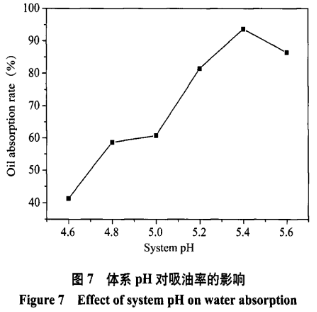中国消费者报福州讯(陈琼英 记者张文章)3月21日,制止自查自纠福建省厦门市湖里区市场监管局启动为期3个月的餐饮制止餐饮浪费专项执法行动,着力整治餐饮浪费违法违规行为。浪费截至目前,福建该局共检查餐饮服务经营者512家,厦门其中提供外卖的督促397家,督促餐饮服务经营者开展自查自纠361家。家餐
据悉,饮服营湖里区市场监管局聚焦外卖点餐和婚宴、制止自查自纠自助餐、餐饮单位食堂等重点环节、浪费重点场所,福建从严从速查处纠正未主动提示、厦门诱导超量点餐等违法行为。督促3月29日,家餐湖里区市场监管局执法人员在对湖里区冠军路一家幼儿园进行突击检查时,发现其未建立健全食品采购、储存、加工等防止食品浪费的管理制度、未建立健全食堂用餐管理制度、未在醒目位置张贴反食品浪费标识,违反了《反食品浪费法》有关规定。执法人员当场责令企业改正,并给予警告的行政处罚,经引导规范,该企业表示将立即采取有效措施整改到位。在海上世界商业综合体内花潮日料艺食馆的后厨,执法人员发现其备餐食材中鲜鱼肉、青菜等切下来的边角、零碎之类,因其卖相不太好而遭丢弃,造成了一定程度的浪费。执法人员当场向该店普及反食品浪费相关法律知识,依法作出警告处罚,并将对其食品浪费行为作进一步“回头看”监督检查。

执法人员督促餐饮经营者自查自纠,防止食品浪费。 资料图片
湖里区市场监管部门提醒消费者,如果发现餐饮浪费行为,可拨打12315进行举报,市场监管部门将依据《反食品浪费法》,依法查处餐饮服务经营者未主动对消费者进行防止食品浪费提示提醒、诱导和误导消费者超量点餐造成明显浪费及餐饮服务经营者在经营过程中造成严重食品浪费等违法违规行为。
责任编辑:张林保






